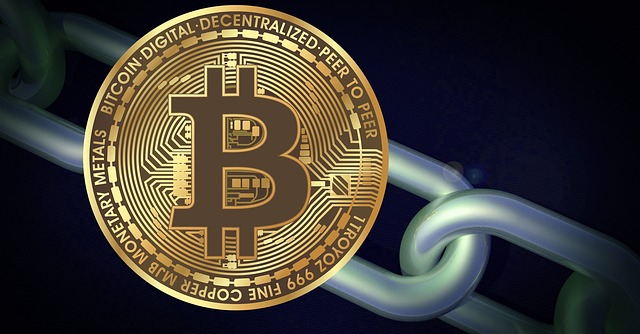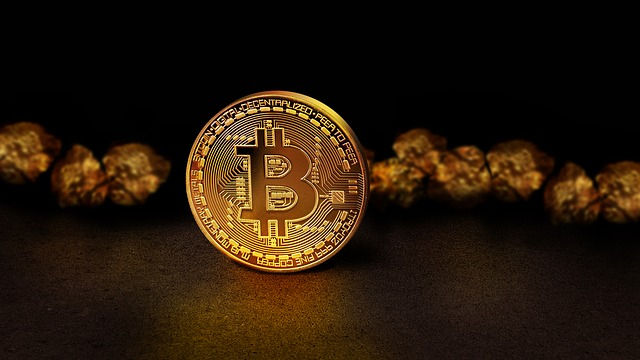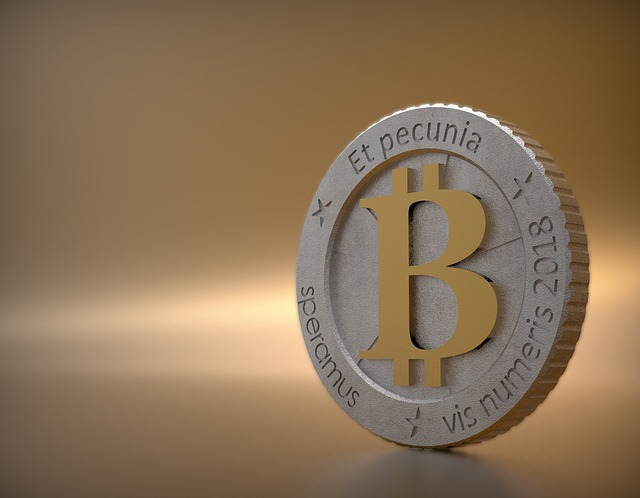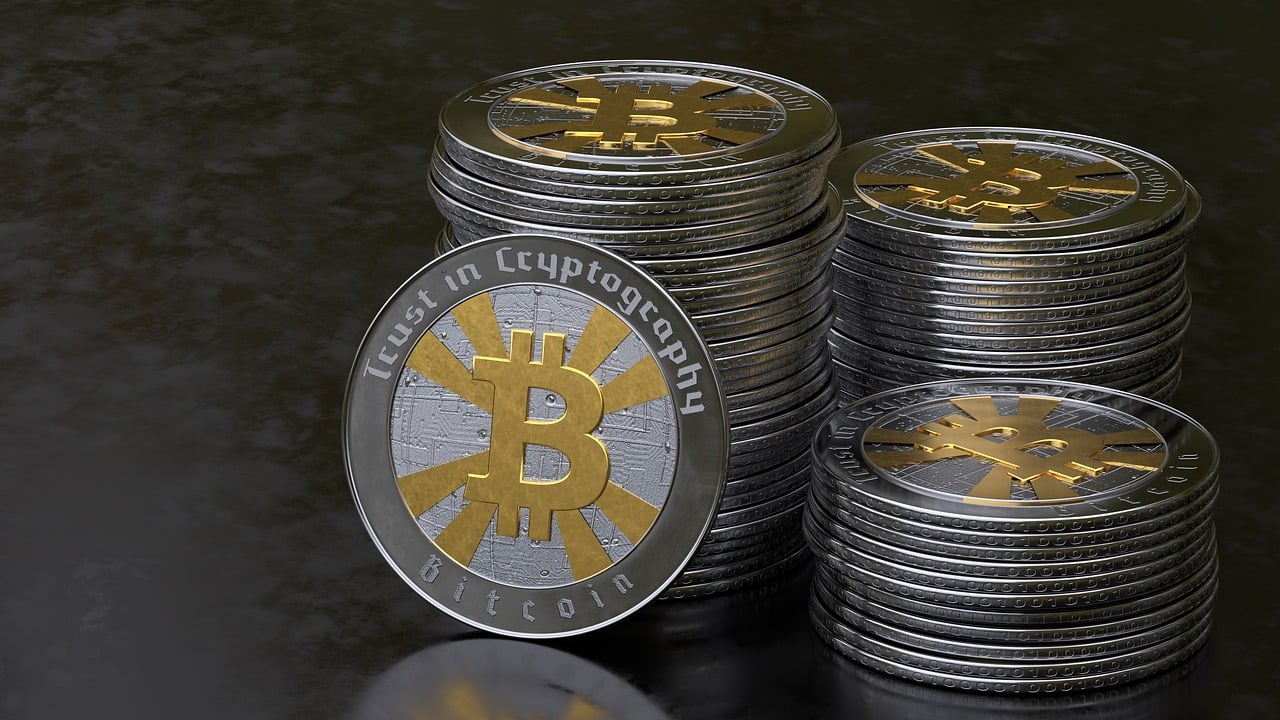How to secure your Bitcoin: Best practices for keeping your crypto safe
 In the rarefied realm of cryptocurrencies, few concerns are as paramount and ubiquitous as the security of one's digital assets. With the rise of Bitcoin and its attendant constellation of digital currencies, safeguarding one's crypto wealth has become an increasingly complex and pressing endeavor. In this erudite treatise, we shall endeavor to elucidate the best practices for securing your Bitcoin, providing a dispassionate, sagacious analysis of the various methods and precautions that can be employed to ensure the safety and integrity of your digital assets. Our discourse will encompass the following aspects of securing your Bitcoin:
1. Choosing the Right WalletThe first and arguably most critical step in securing your Bitcoin is selecting an appropriate wallet to store and manage your digital assets. A panoply of wallet options are available, ranging from hardware wallets, which provide the highest level of security and isolation for your private keys, to software wallets and custodial services that offer varying degrees of convenience and security. When choosing a wallet, it is imperative to weigh the trade-offs between security, ease of use, and accessibility, and to select a wallet that aligns with your unique needs and risk tolerance. 2. Implementing Two-Factor AuthenticationTwo-Factor Authentication (2FA) is an indispensable security measure that can significantly bolster the security of your Bitcoin wallet and other online accounts. By requiring a secondary form of authentication in addition to your password, 2FA can deter unauthorized access and protect your digital assets from theft and unauthorized transactions. Several 2FA methods are available, including authenticator apps, SMS codes, and hardware tokens, each with their own unique benefits and drawbacks. It is crucial to select a 2FA method that suits your needs and to implement this measure consistently across your digital accounts. 3. Utilizing Secure PasswordsSecure passwords are the bedrock of any robust security strategy, and their importance cannot be overstated when it comes to safeguarding your Bitcoin. A strong password should be lengthy, complex, and unique, incorporating a mix of upper and lowercase letters, numbers, and symbols. Moreover, it is vital to avoid reusing passwords across multiple accounts, as this can render your digital assets vulnerable to attack through credential stuffing or other nefarious tactics. To ensure the security and integrity of your passwords, consider employing a reputable password manager to generate, store, and manage your credentials. 4. Creating and Managing BackupsCreating and managing backups of your Bitcoin wallet and private keys is an essential component of a comprehensive security strategy. By maintaining multiple, geographically dispersed copies of your wallet data, you can mitigate the risk of data loss due to hardware failures, natural disasters, or other unforeseen calamities. When creating backups, it is crucial to encrypt your wallet data to protect it from unauthorized access, and to store your backups in secure, offline locations such as hardware wallets, encrypted USB drives, or even paper backups for added redundancy. 5. Staying Informed and VigilantLast but not least, staying informed and vigilant is key to ensuring the ongoing security of your Bitcoin assets. By keeping abreast of the latest developments in the crypto landscape, as well as the ever-evolving tactics and techniques employed by cybercriminals, you can better anticipate potential threats and take proactive measures to safeguard your digital wealth. Moreover, cultivating a healthy skepticism and vigilance towards unsolicited communications, phishing attempts, and social engineering schemes can help you avoid falling victim to scams and other malicious activities that target unsuspecting cryptocurrency users. ConclusionIn summation, securing your Bitcoin and safeguarding your digital assets is a complex and multifaceted undertaking, requiring a judicious and well-informed approach to the various methods and precautions that can be employed to ensure the safety and integrity of your crypto wealth. By diligently adhering to best practices and cultivating a proactive, security-minded mindset, you can navigate the labyrinthine world of cryptocurrencies with confidence and assurance, and protect your hard-earned digital assets from the myriad threats that lurk within the digital realm. We trust that our erudite exposition has shed light on the arcane intricacies of securing your Bitcoin and provided you with the requisite knowledge and tools to safeguard your digital assets with aplomb. May this newfound wisdom serve as a steadfast bulwark against the vicissitudes of the crypto world, and propel you towards uncharted heights of success and security in your digital endeavors. Article and video for topic: How to secure your Bitcoin: Best practices for keeping your crypto safe. Author: Jonathan Burroughs |





